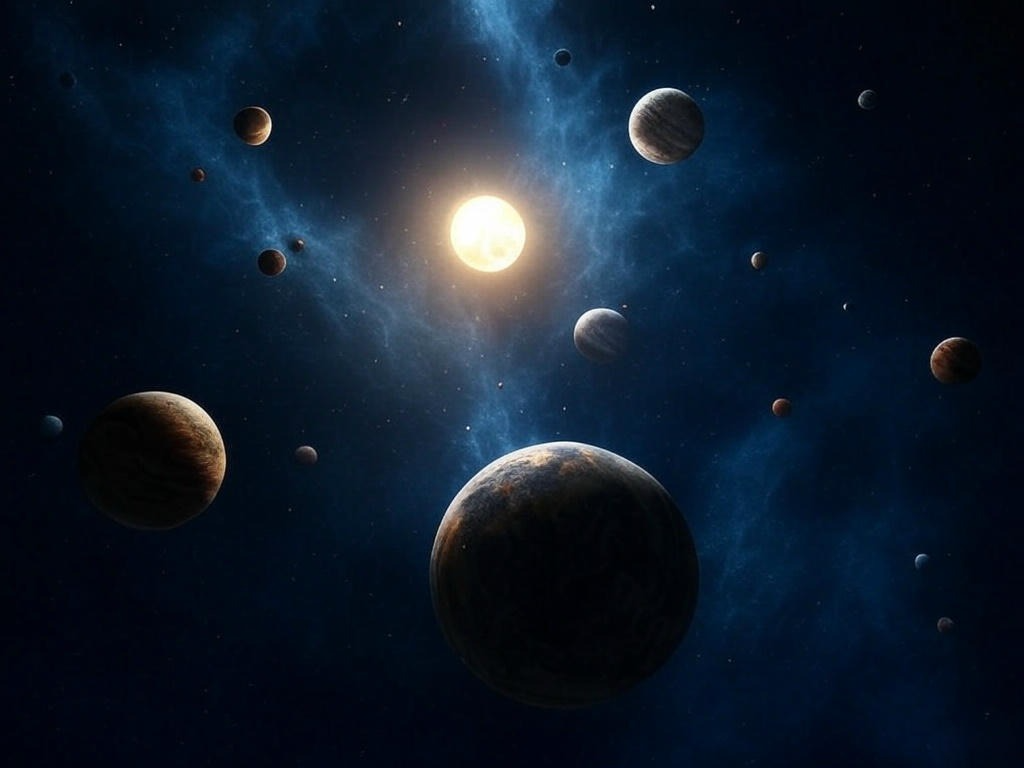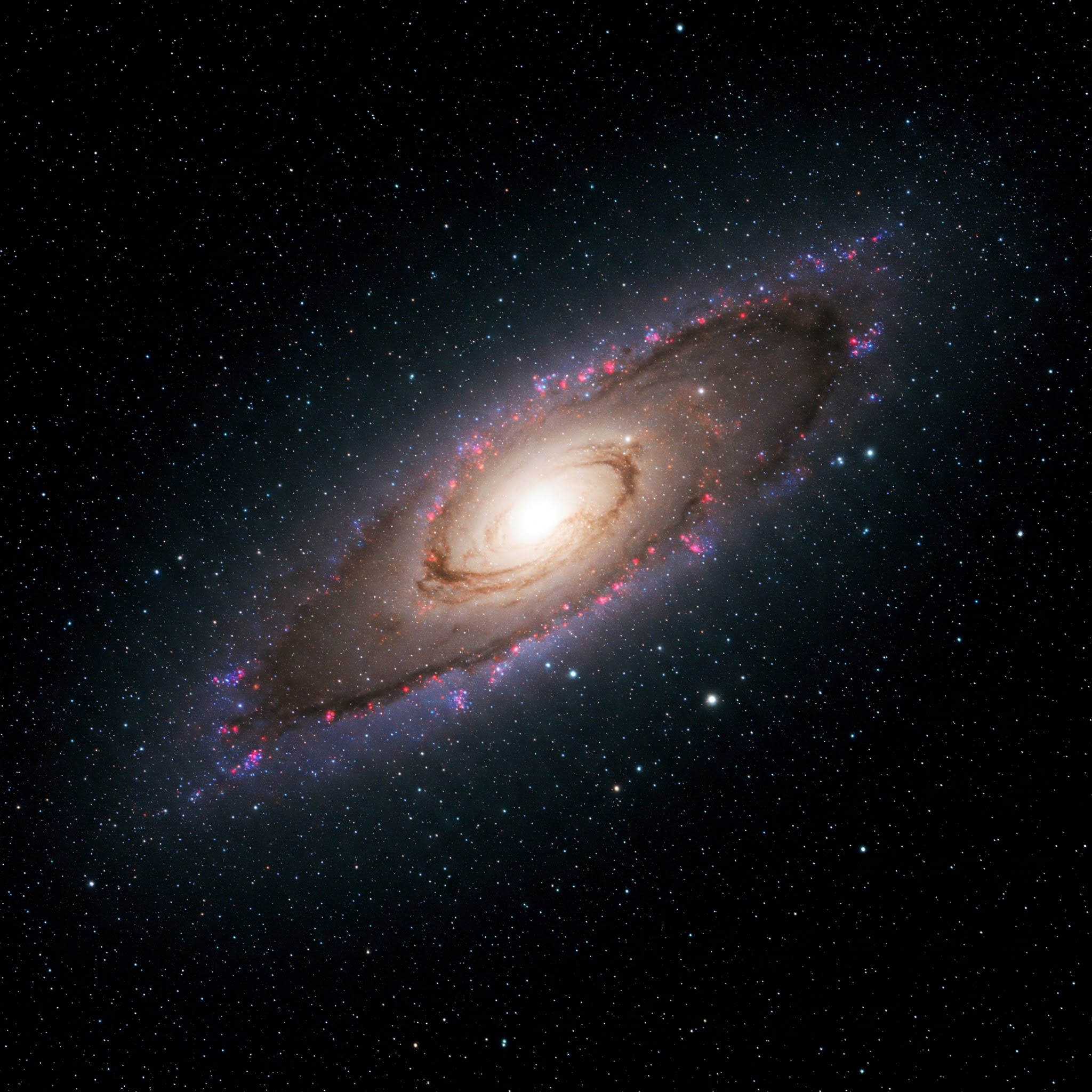Black holes are among the most mysterious and fascinating objects in the universe. They don’t emit light, can warp space and time, and can even trap everything—including light—within their gravitational pull. But what exactly is a black hole, and how do we know they exist?

1. A Simple Explanation
A black hole is a region in space where gravity is so strong that nothing—not even light—can escape. It forms when a massive star collapses under its own gravity at the end of its life.
The point of no return around a black hole is called the event horizon. Once something crosses it, it cannot escape. Inside, matter is compressed into an extremely dense core called a singularity—where the laws of physics as we know them break down.
2. Types of Black Holes
There are several types of black holes:
-
Stellar black holes – formed by the collapse of massive stars
-
Supermassive black holes – found at the centers of galaxies (including our Milky Way)
-
Intermediate black holes – between stellar and supermassive in size
-
Primordial black holes – hypothetical black holes formed right after the Big Bang
3. How Do We Detect Something That’s Invisible?
Even though black holes can’t be seen directly, scientists detect them by observing their effects:
-
Gravitational pull on nearby stars or gas
-
X-ray emissions from heated material spiraling into the black hole
-
Gravitational waves—ripples in space-time from black hole collisions (detected by LIGO and Virgo)
In 2019, the first-ever image of a black hole’s shadow was captured by the Event Horizon Telescope, showing the black hole at the center of galaxy M87.
4. Can Black Holes Destroy Everything?
Hollywood often exaggerates black holes as cosmic vacuum cleaners. In reality, a black hole only affects objects that come very close to it. The Earth is in no danger from the black hole at the center of the Milky Way—it’s too far away.
However, if something does fall in, it’s lost forever (at least according to current physics). But theories like Hawking radiation suggest black holes may slowly lose energy and eventually evaporate.
5. Why Black Holes Matter
Black holes help scientists test the limits of physics, including Einstein’s theory of general relativity. Studying them may also unlock clues about the origin of the universe, quantum mechanics, and the nature of time itself.
They are not just cosmic monsters—they are cosmic laboratories.


